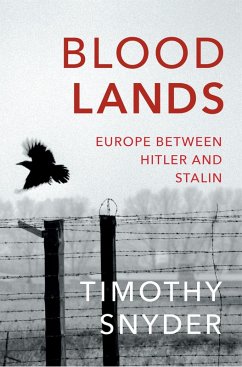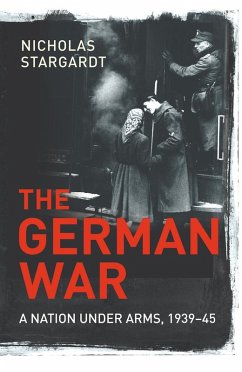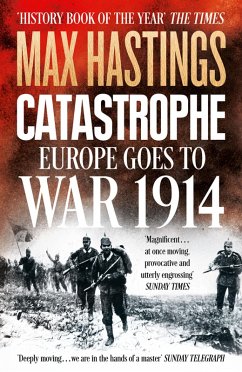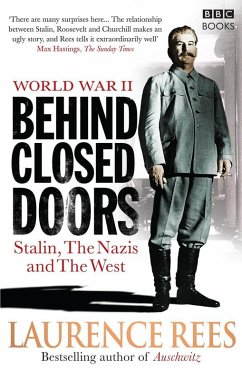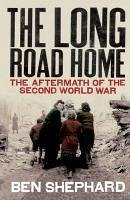
The Long Road Home (eBook, ePUB)
The Aftermath of the Second World War
Versandkostenfrei!
Sofort per Download lieferbar
12,99 €
inkl. MwSt.
Weitere Ausgaben:

PAYBACK Punkte
0 °P sammeln!
After the Great War, the millions killed on the battlefields were eclipsed by the millions more civilians carried off by disease and starvation when the conflict was over. Haunted by memories, the Allies were determined that the end of the Second World War would not be followed by a similar disaster, and they began to lay plans long before victory was assured.Confronted by an entire continent starving and uprooted, Allied planners devised strategies to help all 'displaced persons', and repatriate the fifteen million people who had been deprived of their homes and in many cases forced to work f...
After the Great War, the millions killed on the battlefields were eclipsed by the millions more civilians carried off by disease and starvation when the conflict was over. Haunted by memories, the Allies were determined that the end of the Second World War would not be followed by a similar disaster, and they began to lay plans long before victory was assured.
Confronted by an entire continent starving and uprooted, Allied planners devised strategies to help all 'displaced persons', and repatriate the fifteen million people who had been deprived of their homes and in many cases forced to work for the Germans. But over a million Jews, Poles, Ukrainians, Latvians, Lithuanians, Estonians and Yugoslavs refused to go home.
This book offers a radical reassessment of the aftermath of World War II. Unlike most recent writing about the 1940s, it assesses the events and personalities of that decade in terms of contemporary standards and values. This the true and epic story of how millions ultimately found relief, reconciliation and a place to call home.
Confronted by an entire continent starving and uprooted, Allied planners devised strategies to help all 'displaced persons', and repatriate the fifteen million people who had been deprived of their homes and in many cases forced to work for the Germans. But over a million Jews, Poles, Ukrainians, Latvians, Lithuanians, Estonians and Yugoslavs refused to go home.
This book offers a radical reassessment of the aftermath of World War II. Unlike most recent writing about the 1940s, it assesses the events and personalities of that decade in terms of contemporary standards and values. This the true and epic story of how millions ultimately found relief, reconciliation and a place to call home.
Dieser Download kann aus rechtlichen Gründen nur mit Rechnungsadresse in A, B, BG, CY, CZ, D, DK, EW, E, FIN, F, GR, HR, H, IRL, I, LT, L, LR, M, NL, PL, P, R, S, SLO, SK ausgeliefert werden.




